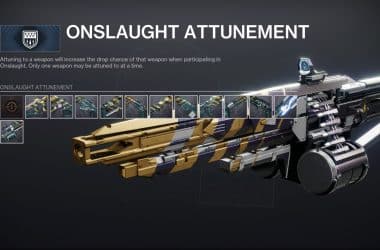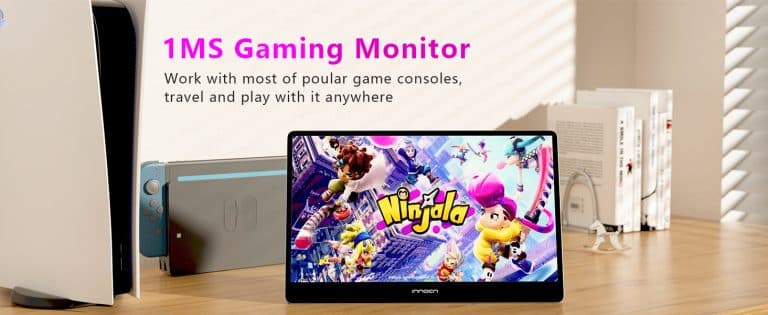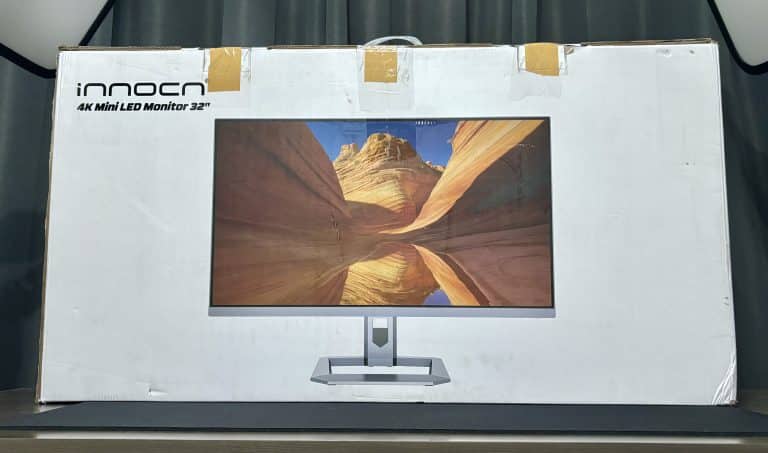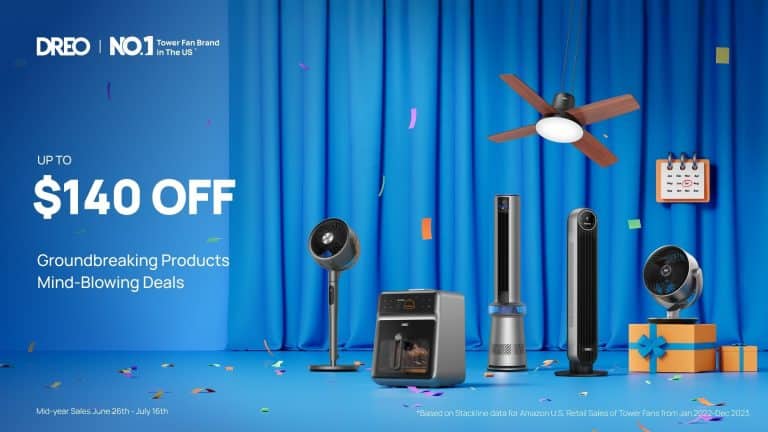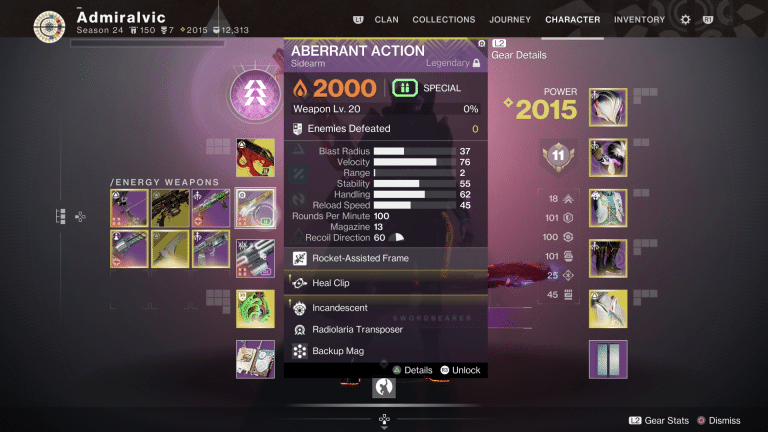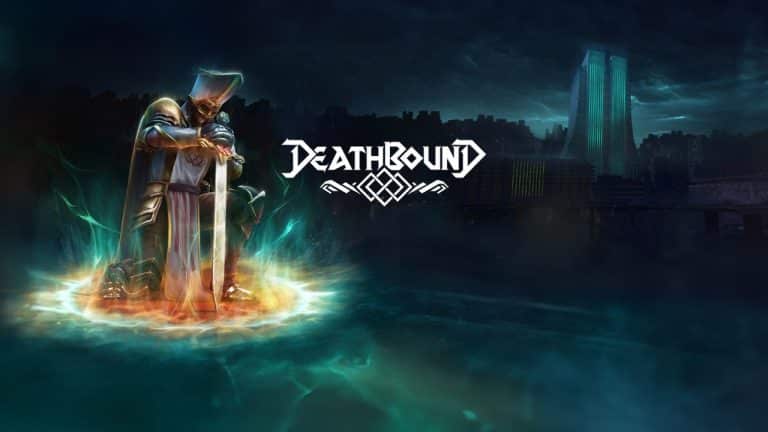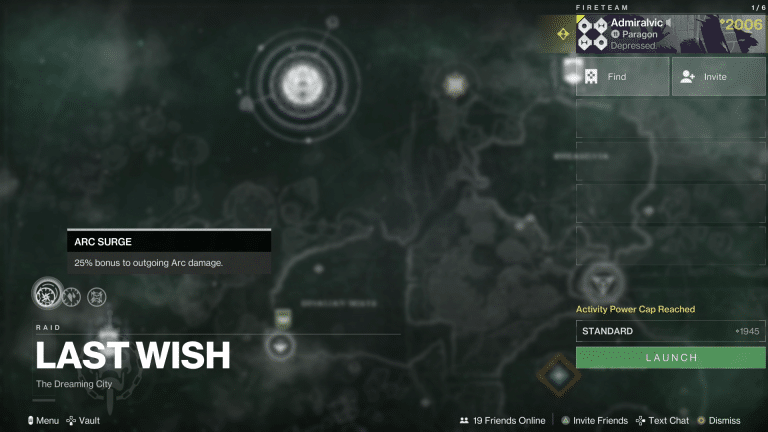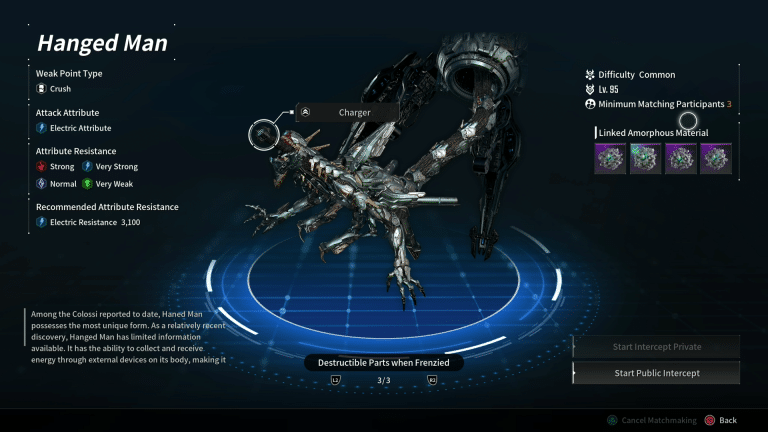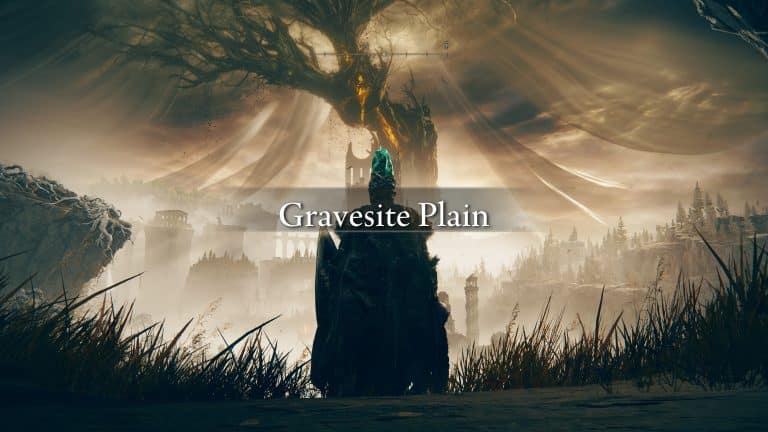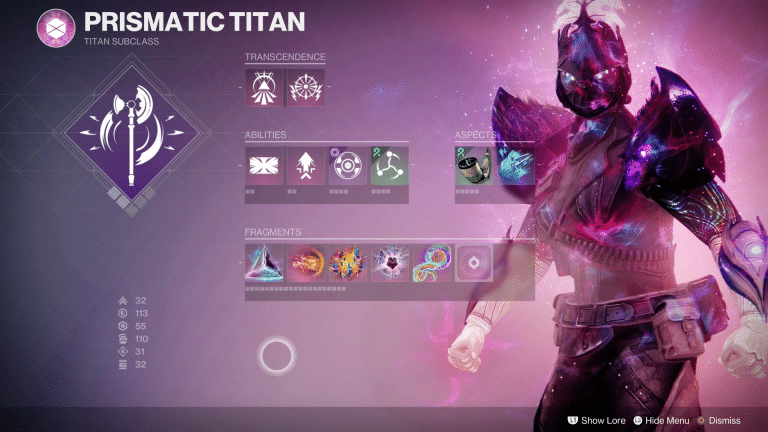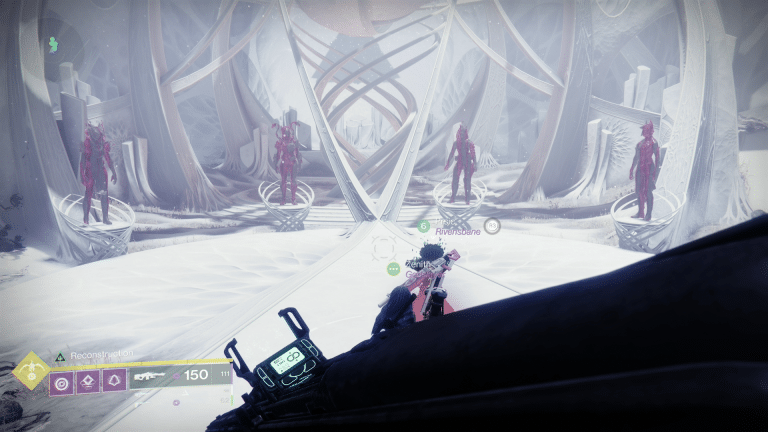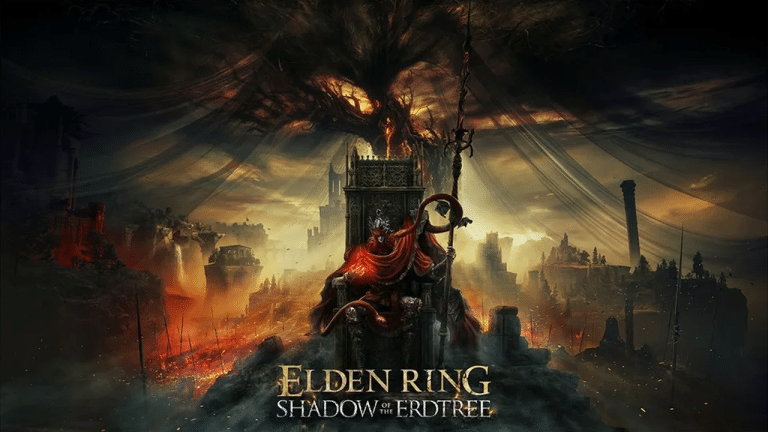What does our score mean?
One of our goals at Infinite Start is to deliver quality reviews that make sense. With most of our staff coming from sites on Metacritic, Open Critic and at least 30 years of experience across our main team alone, we want our readers to feel confident in our reviews and understand what certain things mean.
Understanding the Good and Bad categories
Anything listed as a positive or negative at the end of the review is meant to be read as a key take away. Most, if not all, of these elements will be mentioned in the review itself, though there will be exceptions. For example, if a Japanese game has only Japanese audio, it might get mentioned as a negative, with English and Japanese audio being listed as a positive, though neither will impact the score.
Provided content
Every review on Infinite Start will tell you how the product was obtained. This could be provided for review, purchased to fulfill a need or just something the writer wanted to cover. Regardless of why, we will always be upfront and disclose this information in advance.
Editor’s Choice Awards
Editor’s Choice awards are given to games and products we think are truly special. For gaming, it needs to score at least an 8.5 to receive one, with anything at 9.5 or higher automatically receiving one. Tech reviews require a 9 to qualify, with 9.5 or better to for a guaranteed award.
Game Reviews
Given most sites and readers consider a seven out of 10 to be average, we will keep things simple and approach scores with this in mind. While a breakdown of each score is listed below, keep in mind virtual reality, mobile and free-to-play games may vary. This is due to different expectations and norms.
In the case of virtual reality titles, scores may vary based off innovation in the space or how immersive an experience is. Mobile games will be scored against similar experiences. A paid game will never be compared against a ‘gacha’ title and vice versa. Comparisons will also be based off current norms, which may or may not change over time. All free-to-play games will have considerations based off how important the paid elements are and forgiving the mechanics currently are for those not looking to invest.
Scores
10 – Exceptional
Giving a perfect score is not something we take lightly, but will be awarded to titles we feel go above and beyond. These will often be experiences that will be remembered for ages or impact the genre for years to come. Anything with this score is automatically considered an Editors’ Choice and gets our highest recommendation.
9 – 9.9 – Great
A great game is an experience we greatly enjoyed and feel confident about the quality and overall value it offers. Often times games at this level do almost everything right, though there is something holding it back. Maybe the story isn’t that interesting, perhaps controls could be a bit tighter or something along those lines. Since we still feel strongly about these titles, they will also receive an Editors’ Choice.
8 – 8.9 – Good
Every now and then there are games that offer a lot, but don’t quite get there in the end. Often times they will have one exceptional quality, with the rest being around average or don’t quite stand out enough to bridge that gap between a strong recommendation and it being good. Since these titles still have merit, anything that scores above an 8.5 may be considered for an Editors’ Choice.
7 – 7.9 – Average
The big difference between an average title and a good one is expectations. If an experience fails to stand out in any meaningful way or offer some spectacular element, it is considered average. This isn’t to say the game is bad, by definition most games will fall in this range, it’s just multiple things could be better.
6 – 6.9 – Below Average
Every now and then there are experiences that are just lacking. They will certainly appeal to a certain demographic, but maybe they lack depth, scope or many notable elements. These are often times not bad games, just temper expectations before going in.
4 – 5.9 – Bad
Anything at this level is objectively bad, but it’s clear the developer at least made an effort. It will often be hard to pinpoint a specific shortcoming, though it’s obvious most playing will walk away disappointed.
0 – 3.9 – Avoid
In the unlikely event something scores this low, the number exists more to make a point than anything else. These titles have nothing redeeming about them or possibly feel rather soulless in their approach. We strongly suggest avoiding them at all cost, unless you want to have a better appreciation for other experiences.
Tech Reviews
Unlike gaming, where there are a lot of variables, technology has different considerations. This can make scoring incredibly difficult, as products generally build-off the previous models, along with having to compete with offerings from other companies. To simplify the process we’re no longer scoring tech products.
Instead of scoring, each product will include whether we suggest purchasing, or offer a suggestion of something we think is a better buy. In addition to this, products we think really excel at their price point/space may earn editors’ choice awards. Please note, just because one tier earns an award it does not guarantee the next one will, or vice versa. They’re given as a way to signify we think very highly of this product for its category/price.
Presentation Assessments
Unboxing and comments on packaging have no impact on our overall impression of the product. They exist to give readers an understanding of the experience companies hope to deliver, along with acting as a good introduction to the item itself. If you’re not interested in these sections we suggest skipping past them.





